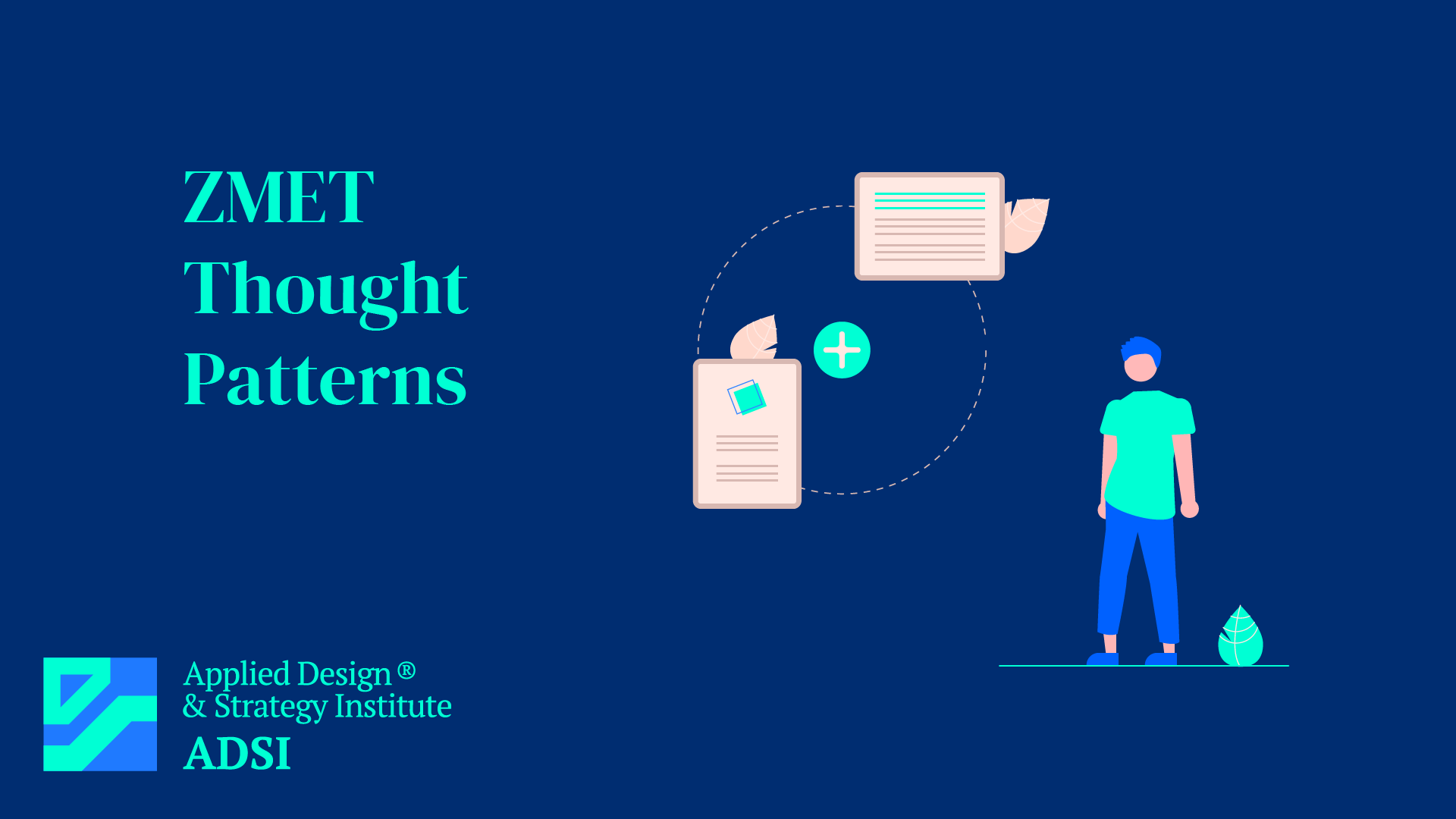ZMET Thought Patterns
Introduction
ZMET, or Zaltman Metaphor Elicitation Technique, is a market research tool that helps uncover consumers’ subconscious thoughts and feelings. Developed by Harvard Professor Gerald Zaltman, this technique uses metaphors to reveal the deep, often unspoken thoughts of consumers. Understanding ZMET thought patterns is vital for companies looking to delve deeper into consumer psychology and preferences.
Methodology
- Deep Interviews: ZMET involves one-on-one interviews, where participants are asked to bring images or other items that symbolize their thoughts and feelings about a particular topic or product.
- Metaphor Analysis: Interviewers analyze these metaphors to uncover deeper meanings and patterns in consumer thinking.
- Cognitive Mapping: The data from interviews are used to create cognitive maps, which visually represent the complex array of thoughts and feelings associated with the product or topic.
Key Principles
- Subconscious Insights: ZMET assumes that much of consumer thinking is subconscious and can be accessed through metaphors.
- Holistic Understanding: It provides a more holistic view of consumer attitudes, beyond what is accessible through traditional surveys or focus groups.
- Emotional Connections: The technique is particularly effective in uncovering emotional connections and deep-seated attitudes.
Applications
- Product Development: Understanding deep consumer needs and perceptions can inform product design and development.
- Marketing and Branding: Insights from ZMET can guide marketing strategies and help in creating resonant brand messages.
- Consumer Experience: Helps in designing a consumer experience that aligns with deep-seated consumer values and emotions.
Challenges
- Complexity and Time-Consuming: The method is more complex and time-consuming than traditional market research techniques.
- Interpretation Skill: It requires skilled interpreters to analyze metaphors accurately and draw meaningful conclusions.
- Subjectivity: The subjective nature of metaphor analysis can lead to varied interpretations.
Conclusion
ZMET Thought Patterns is a unique and powerful tool in understanding consumer psychology. By uncovering the subconscious and emotional underpinnings of consumer attitudes and behaviors, it provides valuable insights that can significantly enhance product development, marketing strategies, and customer experience design.



Leave a Reply